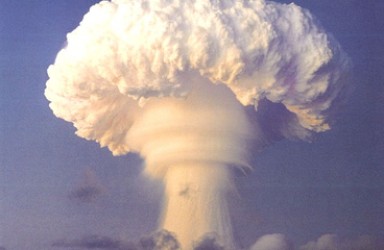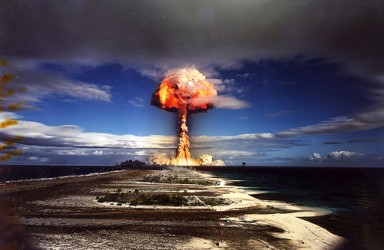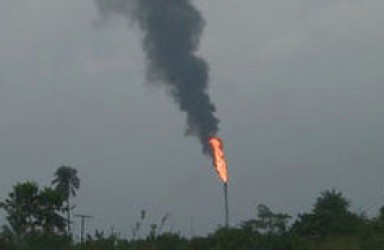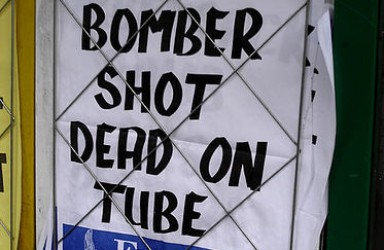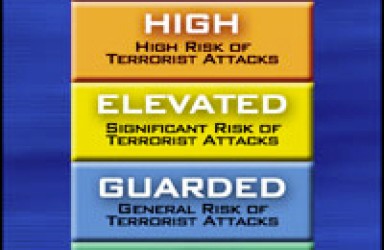What are the Challenges to Nuclear Deterrence in the Second Nuclear Age?
This first introduces nuclear deterrence during the Cold War before considering nuclear proliferation and nuclear deterrence more broadly. It then examines state methods of responding to transnational terrorism, and finally explores further issues in contemporary international security challenging the centrality of deterrence in the Second Nuclear Age.
Terror in the Maghreb
Terrorism in the Islamic Maghreb (lit. “the West”) has been given relatively little attention in the post-9/11 era, in spite of a new journalistic and academic obsession with terrorism spanning nearly a decade. Terrorism in North Africa has been relegated to secondary importance, overshadowed by terror in Iraq, Afghanistan, and the Occupied Territories. Terror in the Maghreb is nonetheless on the rise, and has been shown to have intimate links with violence in other regions of the Islamic world such as Iraq.
The Role Played by ‘spoilers’ in Peace Processes
Peace processes are very often lengthy and difficult, many cease-fires negotiated to end civil wars often result in a return to violence, sometimes worse than before. This essay will examine the role of those actors who ‘actively seek to hinder, delay, or undermine conflict settlement’ for a range of reasons and through a variety of methods.
Did the Creation of NATO Prevent the Establishment of Europe as a ‘third force’ Between East and West During the Cold War?
There was never sufficient political will for an independent European security identity to be pursued in the early years of the Cold War. European states actively put their trust in the United States to act as guarantor for the continent.
Nuclear Non-use: Rational Deterrence, Prudence or a Long-lasting Taboo?
The subject of this essay asks how the issue of nuclear non-use lends itself to constructivist understandings, namely to the interpretation of ongoing processes of social interaction determined by shared ideas.
Oil, Security and US Involvement in West Africa
In recent years, the United States has been quietly increasing its presence in West Africa with a variety of declared humanitarian interests. Discussion as to the ‘true’ motivations vary, from the need to shore up its role as global hegemon in the face of Chinese advances, to attempts to neutralise the territory as a base camp or staging ground for terrorists, to the need for new desire for US goods. The most pragmatic of the ‘true’ motivations offered is the need to secure oil supplies.
The War on Terror and the Crisis in Pakistan
How ironic it would be if the most direct consequence of the “war on terror” was the overthrow of a government by Muslim extremists and the destabilization of a nuclear-armed country. With the Taliban gaining full control of the Swat Valley in Pakistan last February and advancing to within 60 miles of Islamabad just a few months ago – moving much faster and over a wider area than in any of their previous incursions – such a catastrophe seems to be looming just over the horizon.
Understanding al Qaeda and Hezbollah
This essay makes a comparative study of al Qaeda and Hezbollah, considering their ideological origins, justifications for terror, and overall objectives and tactics. The author finds that al Qaeda’s ideological groundings strongly influence the global, symbolic nature of the group’s objectives. In contrast, Hezbollah’s origin as a resistance front against Israel has left room for ideological flexibility, resulting in goals that are regional and pragmatic.
Is the War on Terror Transforming Contemporary Politics?
The War on Terror has changed the world of international politics greatly. Old traditions and customs such as the respect for state sovereignty and the formal equality of states have been shaken. Humanitarian intervention and concerns for human security have been forced into the background, and the human rights and liberty of citizens of all nations are being threatened by the War on Terror.
The Constitutive Effects for Conflict and Insecurity of the Post-9/11 Discourse on Terrorism
This essay examines the ways in which the post-9/11 discourse on terrorism has prioritised certain interpretations of terrorism, and argues that these carefully chosen frameworks serve to legitimate certain conceptions of conflict and insecurity, whilst marginalising others.
